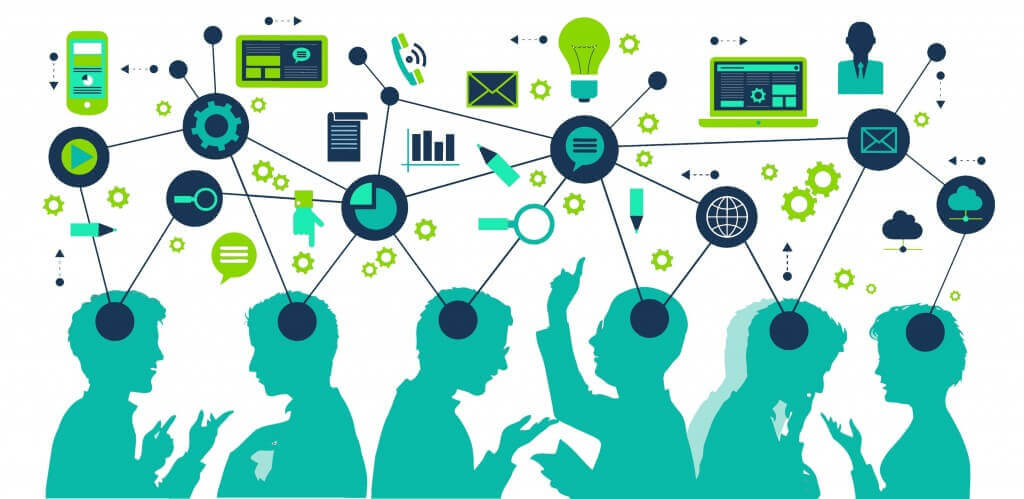
Hotels train staff to ask that question. But should they? We don’t think so. Firstly, posing that question to a returning guest will likely leave them feeling pretty underappreciated. Second, technology today makes it simple to find out your guests’ history and welcome them accordingly. Knowing your customers matters because it leads to better service and, all things being well, valuable repeat business.
So how do you do it? You implement customer relationship management (CRM). Broadly speaking, CRM refers to the way an organization uses its own resources like data, technology, people and processes, to manage its relationship with customers across their life cycles. For hotels specifically, it tends to involve employing data about customers to enhance service and inform overall strategy, and there are special software solutions dedicated to it.
The potential outcomes from CRM are many and varied. For example, you could use it to tune up email marketing or even to send handwritten birthday cards to past guests.
For the first in our CRM: A Hotelier’s Guide blog series, we spoke to Triptease’s CRM executive, Cristina Weber, who laid out the building blocks of an effective CRM system. These apply no matter what kind of hotel you’re running and, in fact, to any business, so listen up!
Step 1: Build up a use case
Many hotels seek out specialist software, or CRM systems, to help them get to know their customers. But some fall into the trap of rushing into a partnership with a software provider only to end up with an unwieldy system that no one knows how to use. Learn from their mistakes and make sure you first know why you might want a CRM system and how you would use it. If you still think you need an IT partner, pitch your specific use case to them and not just the need for a CRM system.
Step 2: Identify the data you need and create opportunities to collect it
Guest behavior, booking patterns, weather fluctuations — what information is going to see you accomplish the mission you’ve set out upon? Think carefully about the data you need and the ways you could collect and input it into your system. Do you need to train staff to ask specific questions or could you gather more details during the booking process?
Bear in mind that there may be cultural differences when it comes to personal information. Customers from Asia, for example, are said to be less willing to provide this.




